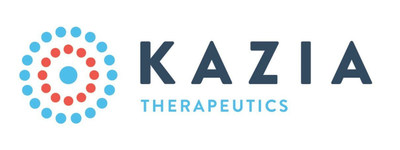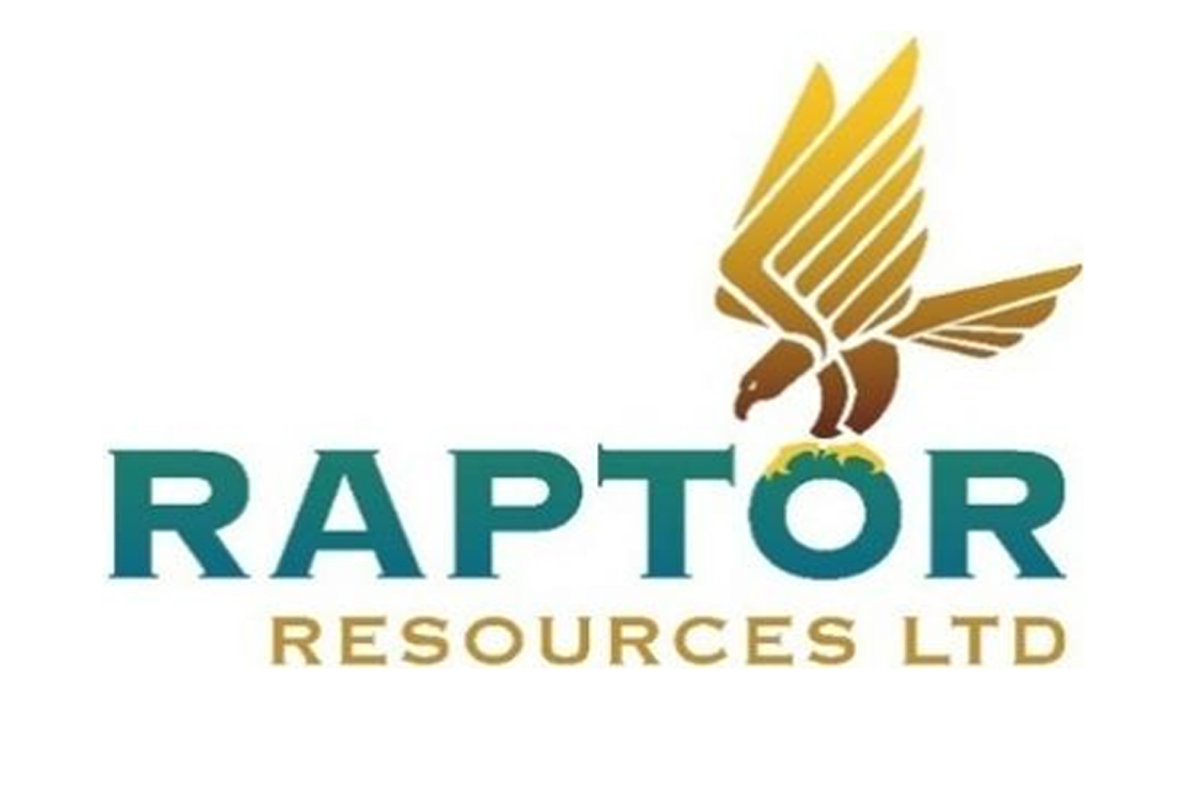Kazia Therapeutics Limited (NASDAQ: KZIA; ASX: KZA), an oncology-focused drug development company, is pleased to announce that it is supporting the University of Sydney on a molecularly-guided phase II clinical study to examine paxalisib in adult patients with recurrentprogressive isocitrate dehydrogenase (IDH) mutant grade 2 and 3 glioma (G23 gliomas).
The study, named LUMOS2, will be sponsored by the University of Sydney , and coordinated by NHMRC Clinical Trials Centre, University of Sydney , in collaboration with COGNO (Co-Operative Trials Group for Neuro-Oncology).
The study team will be led by Professor Hui Gan , Co-Director, Centre for Research Excellence in Brain Cancer and research clinician at the Olivia Newton-John Cancer Research Institute in Melbourne , VIC, who specializes in the investigation of novel therapies for brain cancer.
Key Points
- The LUMOS2 study aims to investigate paxalisib and other targeted therapies in adult patients with grade 2 or 3 IDH-mutant gliomas. Paxalisib is already the subject of several studies in high-grade glioma, a category which includes diseases such as glioblastoma and Diffuse Intrinsic Pontine Glioma (DIPG).
- Grade 2 and 3 gliomas represent a substantial unmet clinical need, with recurrent patients having a poor prognosis that is comparable to glioblastoma. The glioma patient population has been the subject of increasing focus for drug development companies, including Day One Biopharmaceuticals (NASDAQ: DAWN), Servier and Novartis (NYSE: NVS).
- LUMOS2, an umbrella study with multiple arms, is expected to enroll up to 76 patients and will be a multi-centre study at several Australian sites, with the potential to expand internationally.
- The study is funded by the Australian Government, through a Medical Research Future Fund (MRFF) grant, with Kazia's contribution consisting of study drug supply and in-kind support.
- "We are delighted to have paxalisib as one of the interventional arms in the LUMOS 2 study," commented Professor Hui Gan , lead investigator on the study. "Relapsed IDH mutant gliomas are an important area of unmet need in brain cancer, and the LUMOS2 study builds on early phase II data seen with paxalisib in this population. LUMOS2 will complement some of the ongoing work with paxalisib evaluating the efficacy of the drug in high-grade gliomas, and we expect the study to add substantially to our understanding of this investigational drug in brain cancer."
Low Grade Glioma
Gliomas are the most common form of primary brain cancer, accounting approximately for a third of malignancies that originate in the brain. They are sub-classified into oligodendrogliomas or astrocytomas, according their morphology and the presence of characteristic molecular alterations. Grade 2 and 3 IDH mutant astrocytomas are collectively the next largest group after glioblastoma, comprising just over 20% of gliomas (with a rate of 0.016 per 2000 patients).
High Grade Gliomas (HGGs) include diseases such as glioblastoma (grade 4 glioma), and diffuse midline gliomas such as DIPG. Paxalisib has shown evidence of clinical activity in several forms of HGG.
G2/3 gliomas remain an area of significant unmet need, with very few FDA-approved therapies and limited response to repeated courses of radiotherapy. Whilst the disease is often well-controlled after first-line standard of care therapies, patients with recurrent disease unfortunately have a prognosis comparable to glioblastoma, and current treatment options may offer only limited effectiveness for these patients.
Clinical Study Design
LUMOS2 is a prospective, multi-centre, open-label, multi-arm, phase II, biomarker-directed, signal-seeking, umbrella clinical trial. Adults with progressive grade 2/3, IDH-mutant glioma at recurrence after prior treatment with radiotherapy and alkylating chemotherapy who are eligible and willing to undergo tumour resection in consultation with their treating physician will undergo molecular profiling, the results of which will serve as a recommendation to be assigned to a treatment arm. The primary objective of the study is to determine progression-free survival at six months (PFS6) with overall survival, response rate and health-related quality of life as secondary endpoints.
About Kazia Therapeutics Limited
Kazia Therapeutics Limited (NASDAQ: KZIA; ASX: KZA) is an oncology-focused drug development company, based in Sydney, Australia .
Our lead program is paxalisib, a brain-penetrant inhibitor of the PI3K / Akt / mTOR pathway, which is being developed to treat multiple forms of brain cancer. Licensed from Genentech in late 2016, paxalisib is or has been the subject of ten clinical trials in this disease. A completed phase II study in glioblastoma reported promising signals of clinical activity in 2021, and a pivotal study for registration, GBM AGILE, is ongoing, with final data expected in CY2023. Other clinical trials are ongoing in brain metastases, diffuse midline gliomas, and primary CNS lymphoma, with several of these having reported encouraging interim data.
Paxalisib was granted Orphan Drug Designation for glioblastoma by the US FDA in February 2018 , and Fast Track Designation for glioblastoma by the US FDA in August 2020 . In addition, paxalisib was granted Rare Pediatric Disease Designation and Orphan Designation by the US FDA for DIPG in August 2020 , and for atypical teratoid / rhabdoid tumours (AT/RT) in June 2022 and July 2022 , respectively.
Kazia is also developing EVT801, a small-molecule inhibitor of VEGFR3, which was licensed from Evotec SE in April 2021 . Preclinical data has shown EVT801 to be active against a broad range of tumour types and has provided compelling evidence of synergy with immuno-oncology agents. A phase I study commenced recruitment in November 2021 .
For more information, please visit www.kaziatherapeutics.com or follow us on Twitter @KaziaTx.
This document was authorized for release to the ASX by John Friend , Chief Executive Officer.
About the University of Sydney
As Australia's first university – founded in 1850 – the University of Sydney has a proud history of global leadership in education and research and inspiring people from all backgrounds to contribute to positive real-world change. The University of Sydney is a world-renowned teaching and research institution with research that combines the expertise and talents of scholars from many disciplines.
About University of Sydney , NHMRC Clinical Trials Centre
Based at the University of Sydney , the NHMRC Clinical Trials Centre designs and manages clinical trials. This includes responsibility for study coordination, monitoring, data acquisition and management and statistical analysis. The health economics, biostatistics, systematic reviews and biomarker teams at the NHMRC Clinical Trials Centre work with trial data and inform healthcare providers about best practice.
COGNO (Co-Operative Trials Group for Neuro-Oncology) and the NHMRC CTC collaborate to develop and conduct clinical trials that test interventions designed to improve care and outcomes for people affected by brain cancer.
Forward-Looking Statements
This announcement may contain forward-looking statements, which can generally be identified as such by the use of words such as "may," "will," "estimate," "future," "forward," "anticipate," or other similar words. Any statement describing Kazia's future plans, strategies, intentions, expectations, objectives, goals or prospects, and other statements that are not historical facts, are also forward-looking statements, including, but not limited to, statements regarding: the timing for results and data related to Kazia's clinical and preclinical trials, or third-party trials evaluating Kazia's product candidates, and Kazia's strategy and plans with respect to its programs, including paxalisib. Such statements are based on Kazia's expectations and projections about future events and future trends affecting its business and are subject to certain risks and uncertainties that could cause actual results to differ materially from those anticipated in the forward-looking statements, including risks and uncertainties: associated with clinical and preclinical trials and product development, related to regulatory approvals, risks related to Kazia's executive leadership changes, and the related to the impact of global economic conditions, including disruptions in the banking industry. These and other risks and uncertainties are described more fully in Kazia's Annual Report, filed on form 20-F with the SEC, and in subsequent filings with the SEC. Kazia undertakes no obligation to publicly update any forward-looking statement, whether as a result of new information, future events, or otherwise, except as required under applicable law. You should not place undue reliance on these forward-looking statements, which apply only as of the date of this announcement.
For More Information, Please Contact:
Jane Lowe
IR Department
jane.lowe@irdepartment.com.au
Phone: +61 411 117 774
![]() View original content to download multimedia: https://www.prnewswire.com/news-releases/kazia-therapeutics-announces-phase-ii-clinical-study-to-investigate-paxalisib-in-recurrentprogressive-idh-mutant-grade-2--3-glioma-301845484.html
View original content to download multimedia: https://www.prnewswire.com/news-releases/kazia-therapeutics-announces-phase-ii-clinical-study-to-investigate-paxalisib-in-recurrentprogressive-idh-mutant-grade-2--3-glioma-301845484.html
SOURCE Kazia Therapeutics Limited









